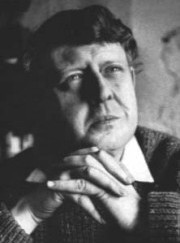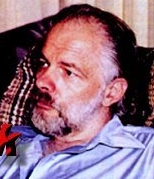|
REFERENCE WORK
J. Clute & P. Nicholls (ed), The Encyclopedia of Science Fiction (1993)
CRITICAL WORKS
Fredric Jameson, Archaeologies of the future: the desire called utopia
and other science fictions (2005)
Richard Gerber,
Utopian Fantasy 1973)
Alexandra Aldridge, The Scientific World View
in Dystopia (1984)
Ursula le Guin, The Language of the Night (1979)
Ursula le Guin, Dancing at the Edge of the World (1989)
Tom
Moylan, Demand the Impossible: Science Fiction and the Utopian Imagination (1984)
Brian Stableford, The Sociology of Science Fiction (1987)
Frances Bartowski, Feminist Utopias (1989)
Scott Bukatman, Terminal Identity: The Virtual Subject in Postmodern Science Fiction (1993)
Jenny Wolmark, Aliens and Others: Science Fiction, Feminism and Postmodernism
(1994)
Neil Barron, Anatomy of Wonder 4 (4th edn., 1995)
Damien Broderick, Reading by Starlight: Postmodern Science Fiction (1995)
Brooks Landon, Science Fiction After 1900 (1997)
JOURNALS
Science-Fiction
Studies
Extrapolation
Foundation: The Review of
Science Fiction
| 







